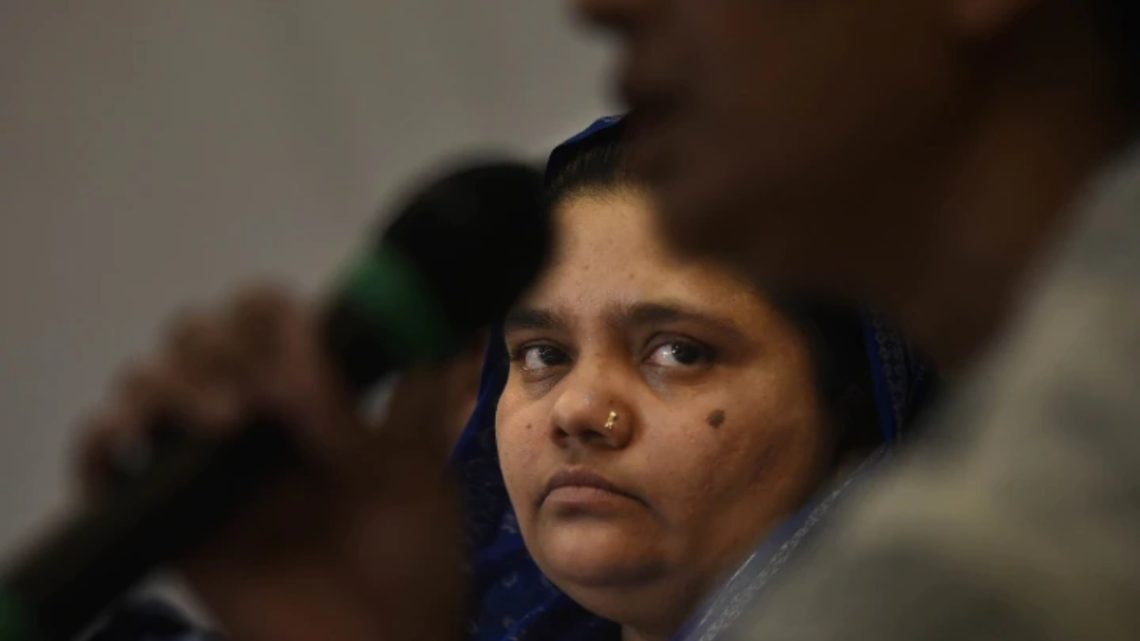
Supreme Court’s Verdict Exposes BJP-Gujarat Government Complicity in Bilkis Bano Case: CPI-M
January 9, 2024In a significant development, the Communist Party of India-Marxist (CPI-M) has expressed satisfaction with the Indian Supreme Court’s decision to annul the remission granted to eleven convicts in the Bilkis Bano gang-rape case. The party contends that the Bharatiya Janata Party-led Indian and Gujarat governments were intricately involved in collusion with the convicts.
The Supreme Court, in its Monday verdict, unequivocally denounced the Gujarat government’s illicit act of providing remission to the eleven convicts who had received life sentences for their involvement in the heinous gang rape of a pregnant Bilkis Bano, along with the mass murder of at least fourteen members of her family during the 2002 anti-Muslim riots in the state of Gujarat.
According to the reports, the court has mandated the convicts to surrender back to prison within two weeks. The CPI-M issued a statement emphasizing that the court, through its judgment, has exposed a fraudulent play by the Gujarat government in justifying the remission order. The court’s rebuke suggests that the government distorted facts to legitimize its actions.
Furthermore, the CPI-M highlights the court’s observation that if the convicts manage to evade the consequences of their convictions, societal peace and tranquility would be reduced to a mere illusion. This underscores the gravity of the situation and the potential ramifications of allowing such actions to go unchecked.
Importantly, the party points out that the complicity of the Modi-led government is evident as the Gujarat government claimed that its decision was based on the concurrence of the Central government. The CPI-M firmly asserts that the Modi government is equally implicated in this collusion with the convicts.
The party’s critique extends to the observation that the remission failed to consider the brutality of the crimes committed and their broader impact on society and the rule of law. By doing so, the governments involved have neglected their responsibility to uphold constitutional values.
In a poignant assertion, the CPI-M underscores the significance of governments adhering to constitutional principles and legal considerations. It warns that any violation of jurisdiction and legal norms by constitutional entities could jeopardize the very essence of democracy.
The Supreme Court’s verdict not only brings justice to the victims of the Bilkis Bano case but also serves as a stern rebuke to governments that act in violation of the law. The CPI-M’s vigilance in highlighting the complicity of the BJP-led Indian and Gujarat governments adds a political dimension to this judicial pronouncement, underscoring the need for accountability in governance.

